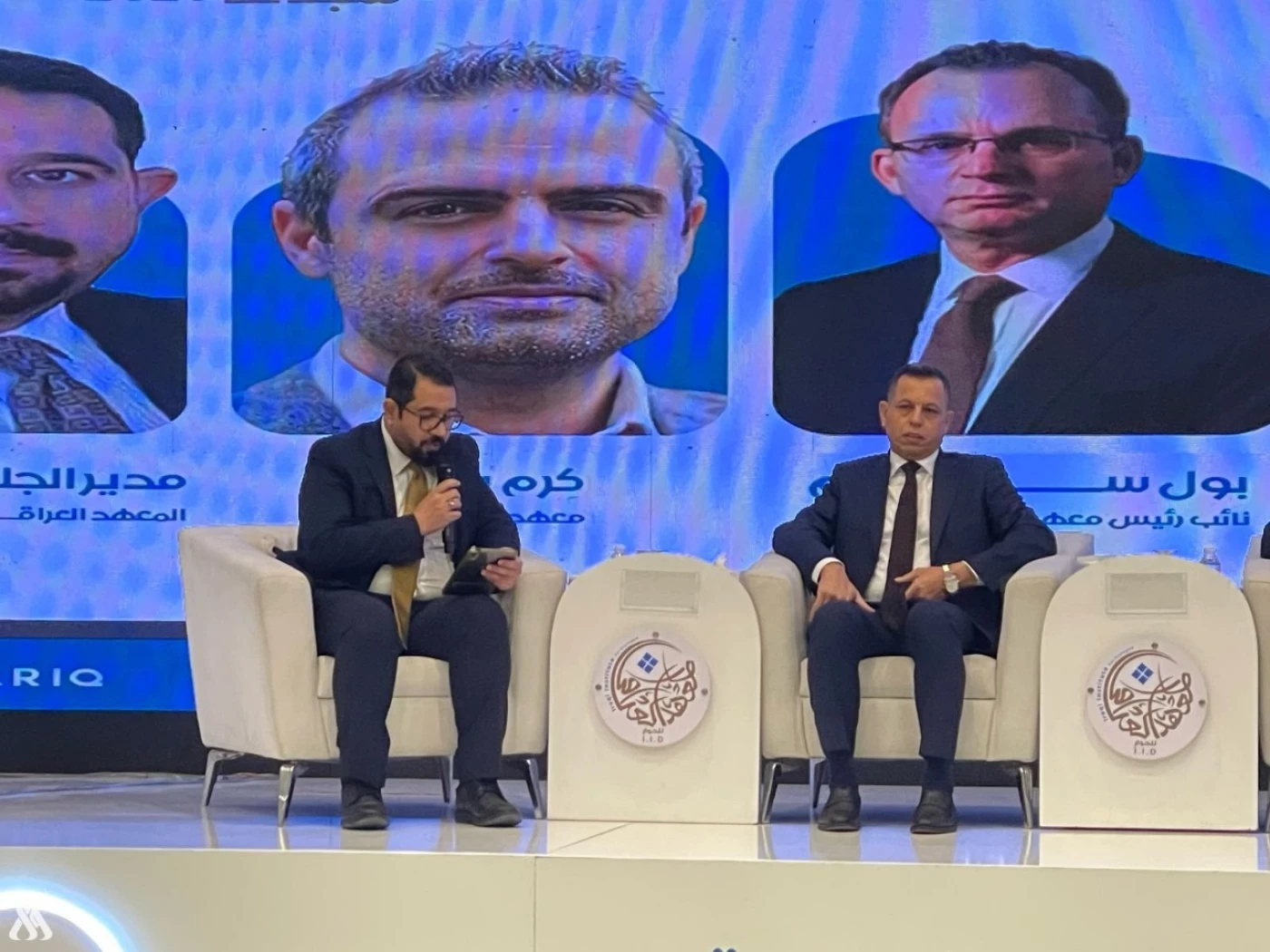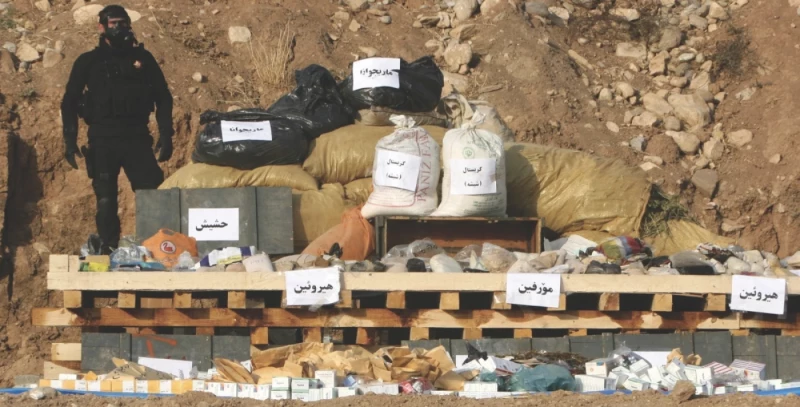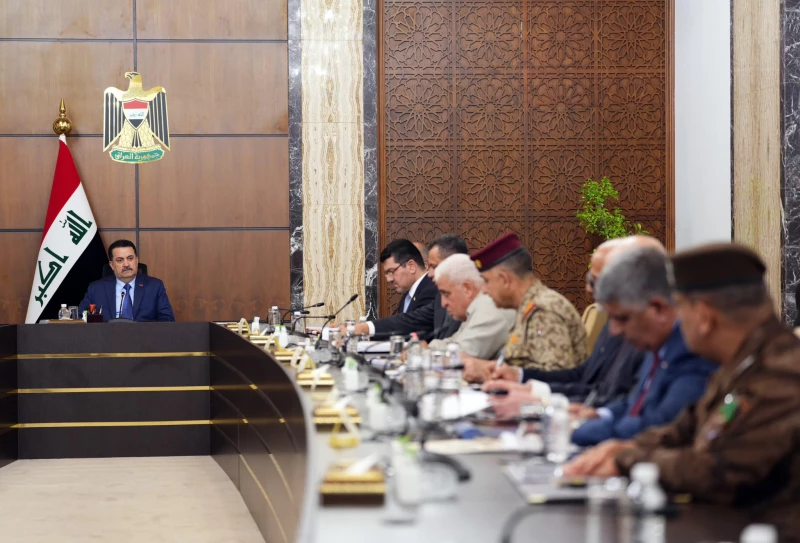ERBIL, Kurdistan Region of Iraq – Iraq has sent security messages to Syria concerning security threats from Islamic State (ISIS) prisoners in Hasakah prisons, Iraqi National Intelligence Service (INIS) Head Hamid al-Shatri said on Sunday.
Speaking at the Baghdad International Dialogue, Shatri said that “the Iraqi and Syrian arenas are closely interconnected, and what is happening in Syria directly affects Iraq, and vice versa.”
“Iraq has sent clear security messages to Syria regarding the threats posed by some extremist groups,” he added.
After the fall of Bashar al-Assad’s regime and the armed Syrian opposition taking over Syria, the notorious al-Hol Camp, which houses thousands of families associated with ISIS, has become an increasing threat to Iraq.
Shatri explained that “there are still cells affiliated with those gangs [of ISIS] in areas such as the Desert of Homs and the Levant.”
The prisons in northeastern Syria have caused a significant amount of anxiety to Iraq due to their proximity to the Iraqi Syrian border. Described as a corrupt hotbed rife with dangerous sectarian, Wahhabi, and Salafi ideologies, Al-Hol is the one of the largest camps in Hasakah.
Shatri said that there are 9,000 ISIS members in Hasakah prisons, around 2000 are Iraqis, and now Iraq wants to know how Syria will deal with them.
He went on to add that “Iraq was not keen to support the Bashar al-Assad regime in Syria as much as it was interested in knowing the alternatives in case the situation there changed.”
Al-Hol hosts approximately 40,000 displaced people from 42 different nationalities, including families of Iraqi, Syrian, and foreign ISIS militants.
According to official data, al-Hol houses around 25,000 Iraqi individuals, including 20,000 minors under the age of 18.
To address the threat, Iraqi authorities have bolstered border security with Syria by building concrete walls, installing barbed wire and thermal cameras, and reinforcing border guards with additional army and Popular Mobilization Forces units.
Shatri added that Iraq continues to communicate with Syrian authorities and exchange correspondence with their leaders “to achieve positive results.”


 Facebook
Facebook
 LinkedIn
LinkedIn
 Telegram
Telegram
 X
X



